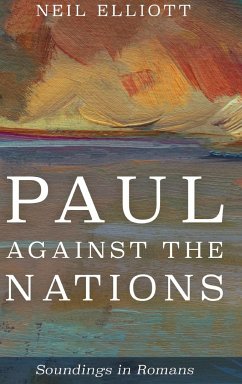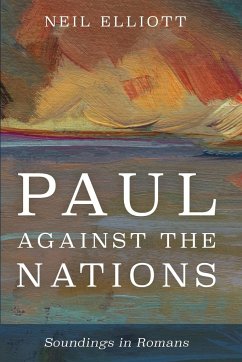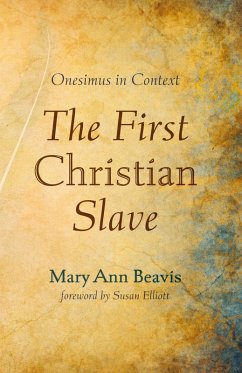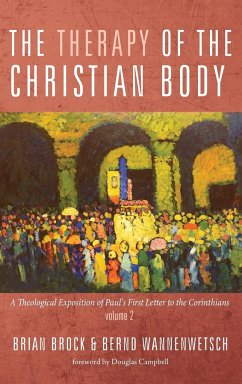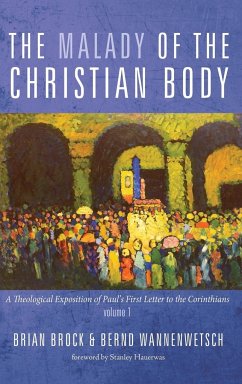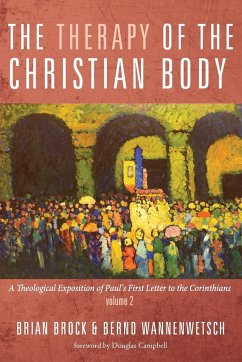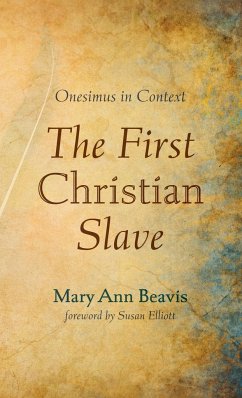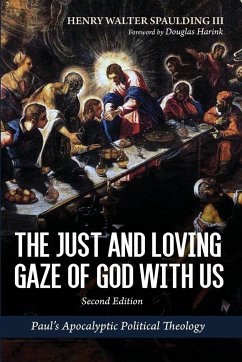
The Just and Loving Gaze of God with Us, Second Edition

PAYBACK Punkte
15 °P sammeln!
In recent years, Paul has become the subject of renewed interest among political philosophers. These philosophers deploy Paul as a means to deconstruct late modern political issues such as liberalism, biopolitics, and sovereignty. However, these philosophers ultimately truncate Paul's message to fit nontheistic, materialist ends. Such an approach polarizes interpreters, often leading either to a full endorsement or full rejection. In this work, Spaulding adds a needed voice in this conversation. By neither fully endorsing or fully rejecting the new approach to Paul, Spaulding argues that Paul'...
In recent years, Paul has become the subject of renewed interest among political philosophers. These philosophers deploy Paul as a means to deconstruct late modern political issues such as liberalism, biopolitics, and sovereignty. However, these philosophers ultimately truncate Paul's message to fit nontheistic, materialist ends. Such an approach polarizes interpreters, often leading either to a full endorsement or full rejection. In this work, Spaulding adds a needed voice in this conversation. By neither fully endorsing or fully rejecting the new approach to Paul, Spaulding argues that Paul's message is both materialist and faithful to the Christian tradition. Spaulding critically utilizes both the new approach and recent studies in apocalyptic interpretations of Paul in order to articulate a Pauline political theology for our time. Pauline apocalyptic emphasizes the already disruptive nature of the incarnation, crucifixion, and resurrection of Jesus of Nazareth that wrests humanity from under the sovereignty of the fallen powers and places them under the Lordship of Christ. Apocalyptic is nourished by the promise of the eschatological hope of the not-yet-finished work of Christ. The church that follows the Lordship of Christ is called forth into being in the tension of the present Lordship of Christ and the not-yet transformation of the cosmos. Such a tension begets practices that form the political commitment of what philosopher Iris Murdoch calls the just and loving gaze, namely the central conviction that, in order to live good (political) lives, one must be taught to see.






